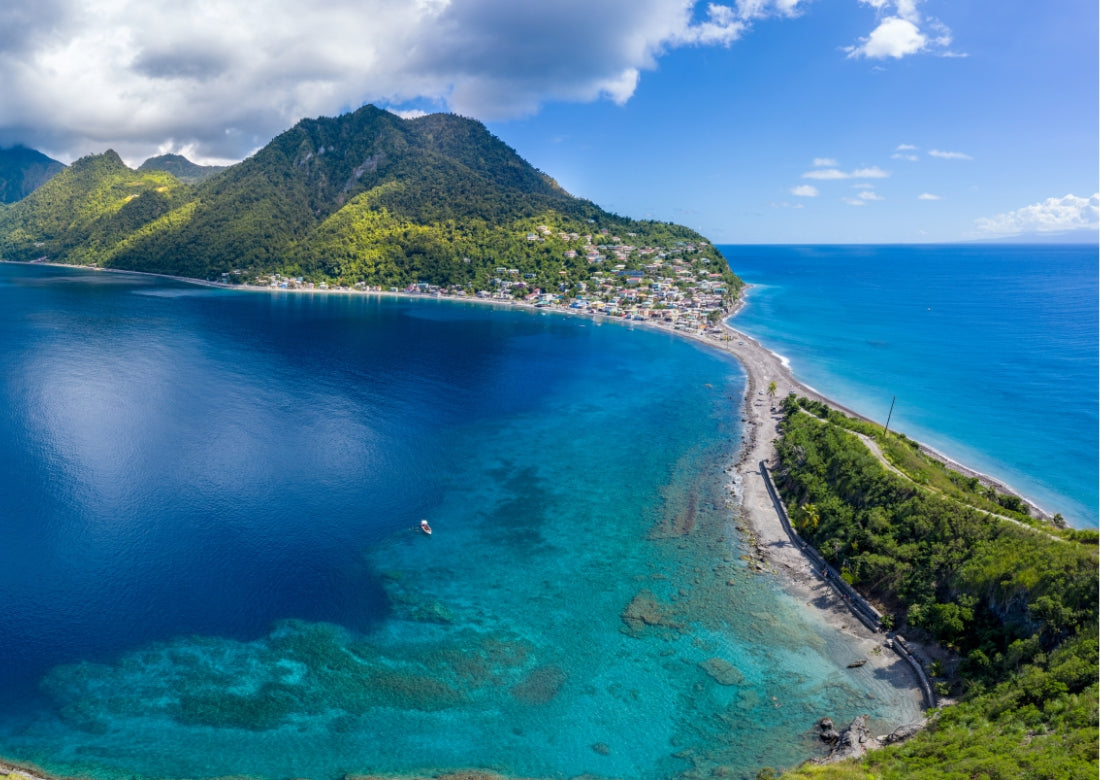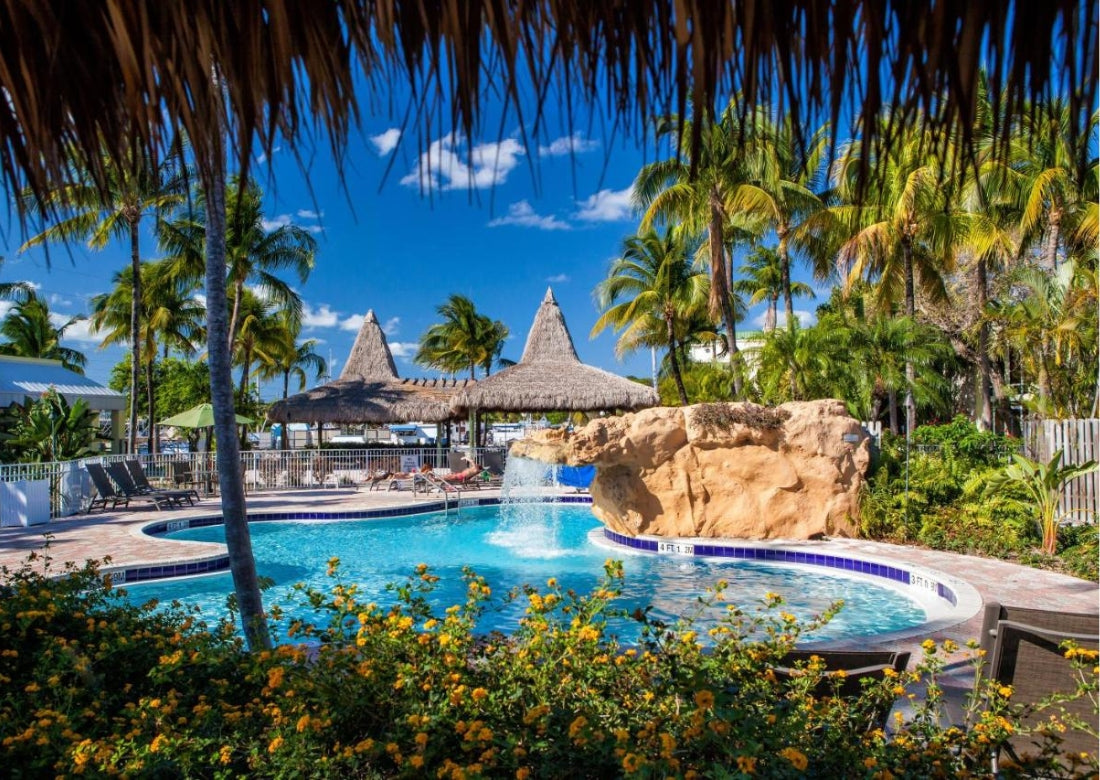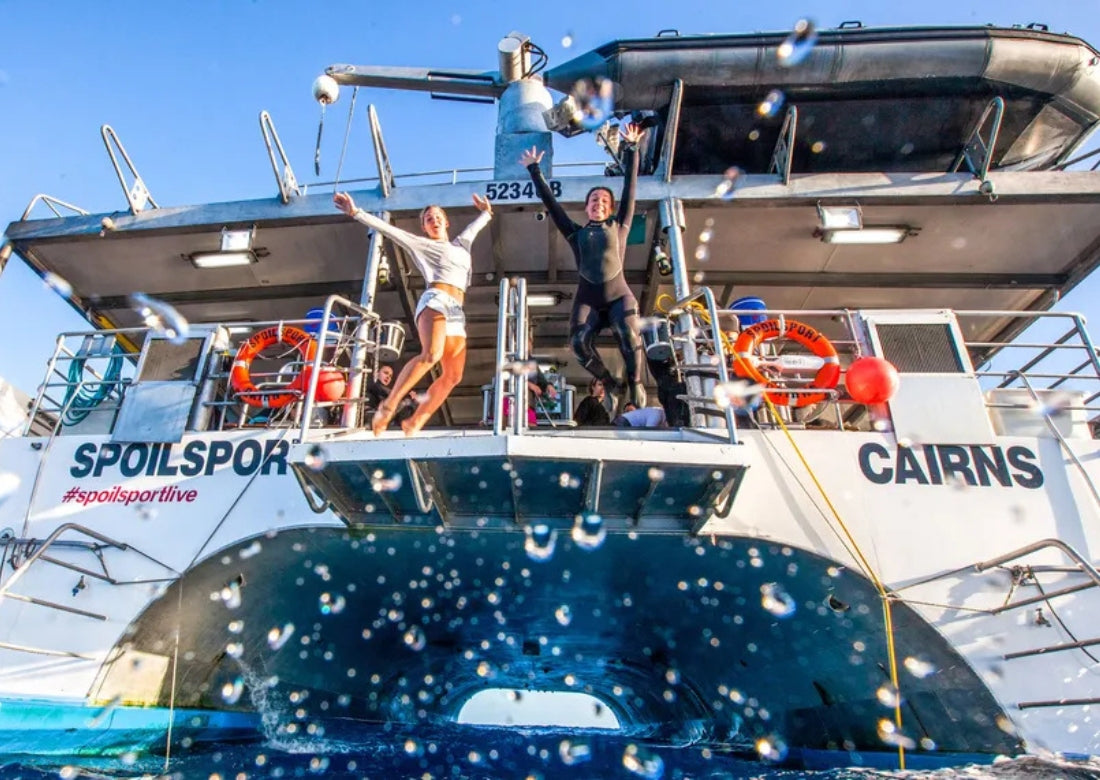Diving Fitness: The Meaning, Components and Importance

Planning to dive into the deep blue waters and explore the world below? Probably you have already learned the importance of having a properly functioning gear set and double-checking all of your equipment before each dive. But have you devoted enough attention to your most essential instrument - your body? Staying physically fit is equally important if you want to enjoy every moment of being down there and love the thrill that you feel. If your body is unhealthy, the experience will be tiring and may even cause you to get hurt. So let’s take a look at a few basic, but effective ways to get in shape and improve your diving performance.
How does fitness relate to diving?
In the most general sense, fitness means the state of good health and well-being. When it comes to diving, there is a slightly broader meaning associated with the term. When you are in the learning phases of diving, you will plan all your sessions and make them as easy as possible. However, as you grasp the concepts involved, you will learn how critical fitness can be to diving.
When you load your equipment into the boat, gear up for the dive or re-board the boat after the dive, you may pull a muscle unless your body is flexible enough. Plus, you have heavy items to lift. If you lack the strength, you will soon become tired and run the risk of overexertion.
Even during the dive itself, where it is recommended to take it slow and easy, your fitness levels will be tested. You have to be able to avoid strain, as well as possess enough strength and endurance to swim long distances and fight the currents in the water.
What are the main components of fitness?
Fitness has three main components: flexibility, strength, and endurance. It is important to develop all three of these to be a great diver. Flexibility is the limit to which you can stretch your body without damaging your tendons. A flexible body will help you in diving because it will decrease the chances that you will suffer from a muscle pull or aching joints.
Strength is the force that you can exert to lift or move an object. Endurance is your ability to continuously exert force and push yourself to your maximum limits for prolonged periods.
You can develop flexibility and strength through appropriate stretches and exercises. As for endurance, you can increase it with running and calisthenics.
It is recommended to do at least 150 minutes of moderate exercise per week. You can either split this time into 30-minute mild workouts, such as cycling or fast walking 5 days a week or do 75 minutes per week of vigorous-intensity aerobic activity such as running, squash, cycling or high-intensity training. It is also possible to create a combination of two if that is what works best for you. Don’t forget though to include muscle-strengthening activities that work all major muscle groups on two or more days a week.
Remember, even if you are very busy, devoting only a few minutes to exercise is better than nothing, as it will help to keep you fit and healthy, not just to dive but in general life too.
So how do you become fit?
You can improve your fitness levels if you focus on the three components of fitness. Act on our tips below and soon you will have the body that is perfect for diving.Cardio-respiratory training
Cardio-respiratory training is very important for every diver, as it creates a stronger and more efficient oxygen delivery system, which, in turn, helps to be more relaxed during each dive, decreases fatigue and allows to respond to challenging conditions faster and more effectively.
You can improve your cardiovascular endurance by exercising in an aerobic training zone that elevates your heart rate to 60-80 percent of your maximum heart rate.
The most common forms of cardio training include walking, jogging, swimming, cycling, and stair climbing. These aerobic activities are often easier to perform as muscle development, for example, because they can naturally fit into your daily routine. Strength training can also meet cardiovascular needs if you minimize or eliminate the waiting time between exercises and keep your heart rate elevated.Strength development
Strength training for diving is not any different from general muscle development and can be done in your local gym or even at home. There are five basic exercises that require minimal equipment and allow you to work all major muscle groups:
In case, you are new to resistance training, it is important to get proper supervision and instruction into the techniques of each exercise.
The least you can do is walk as much as possible, preferably for an hour in a day or around four hours a week, and always warm up before you plunge into the waters, so as to boost your circulation and lubricate your muscles and joints.
Happy training and happy diving!
P.S. Share your experiences! What exercises do you do to stay fit? How often do you work out?




